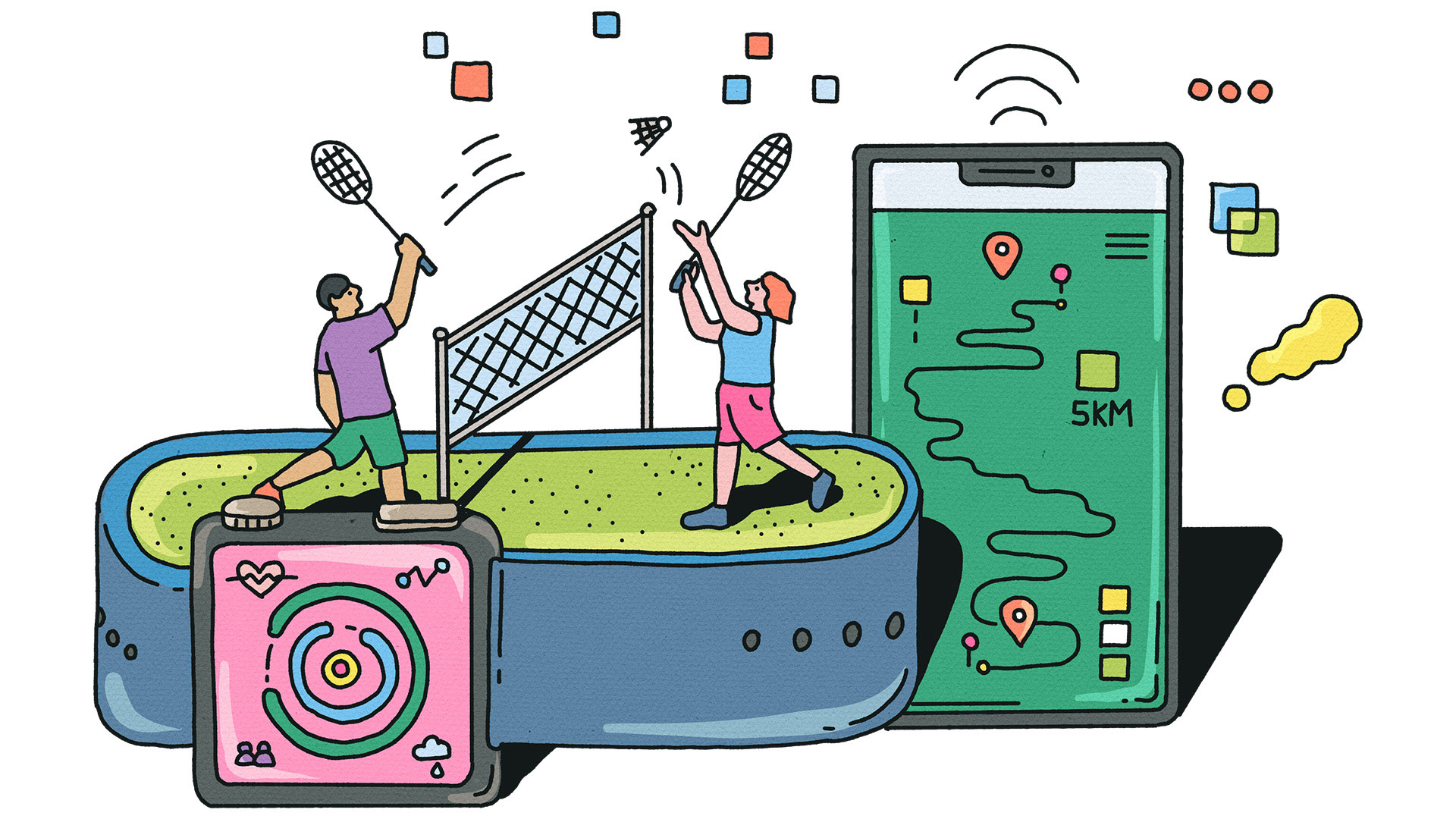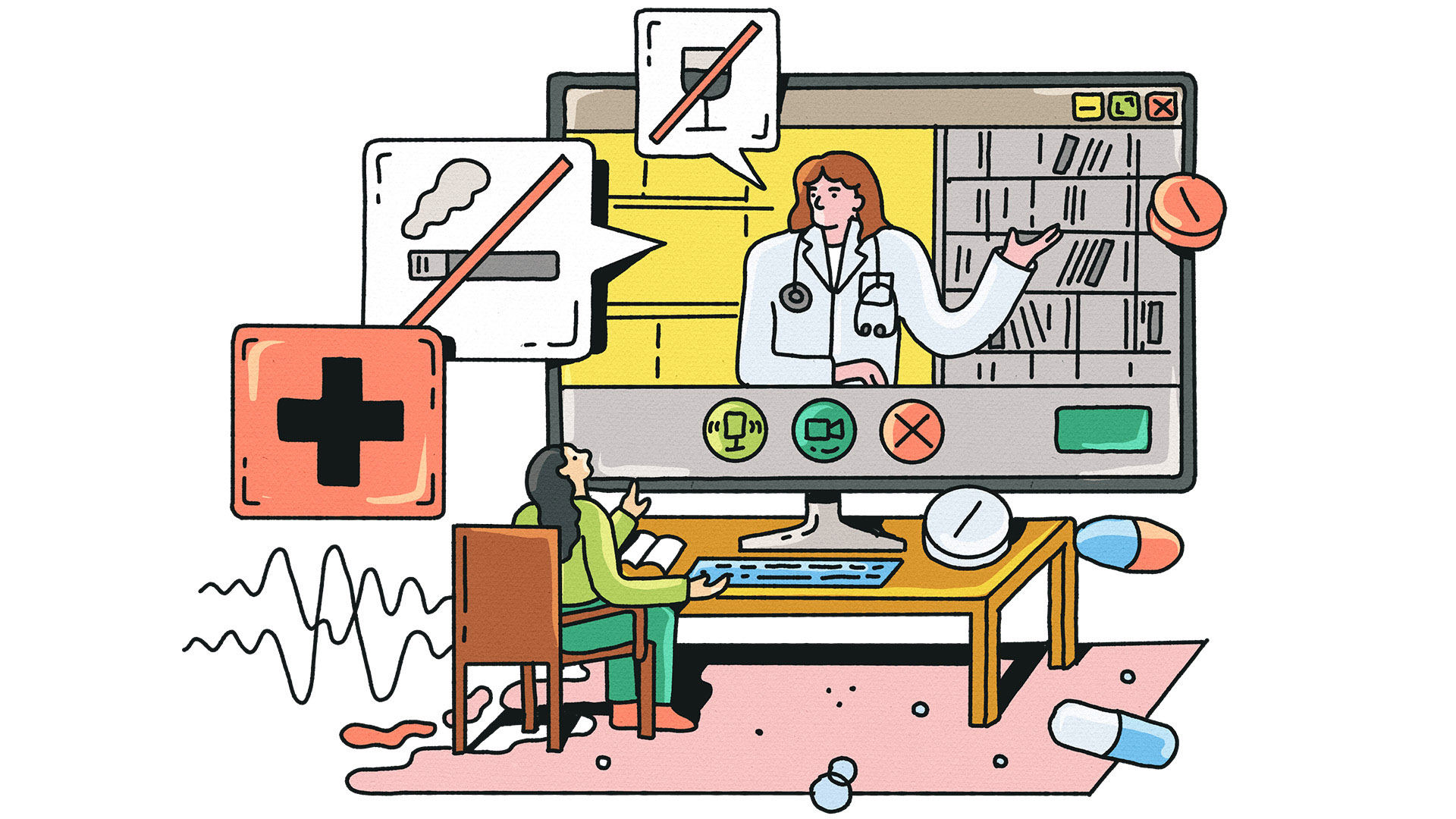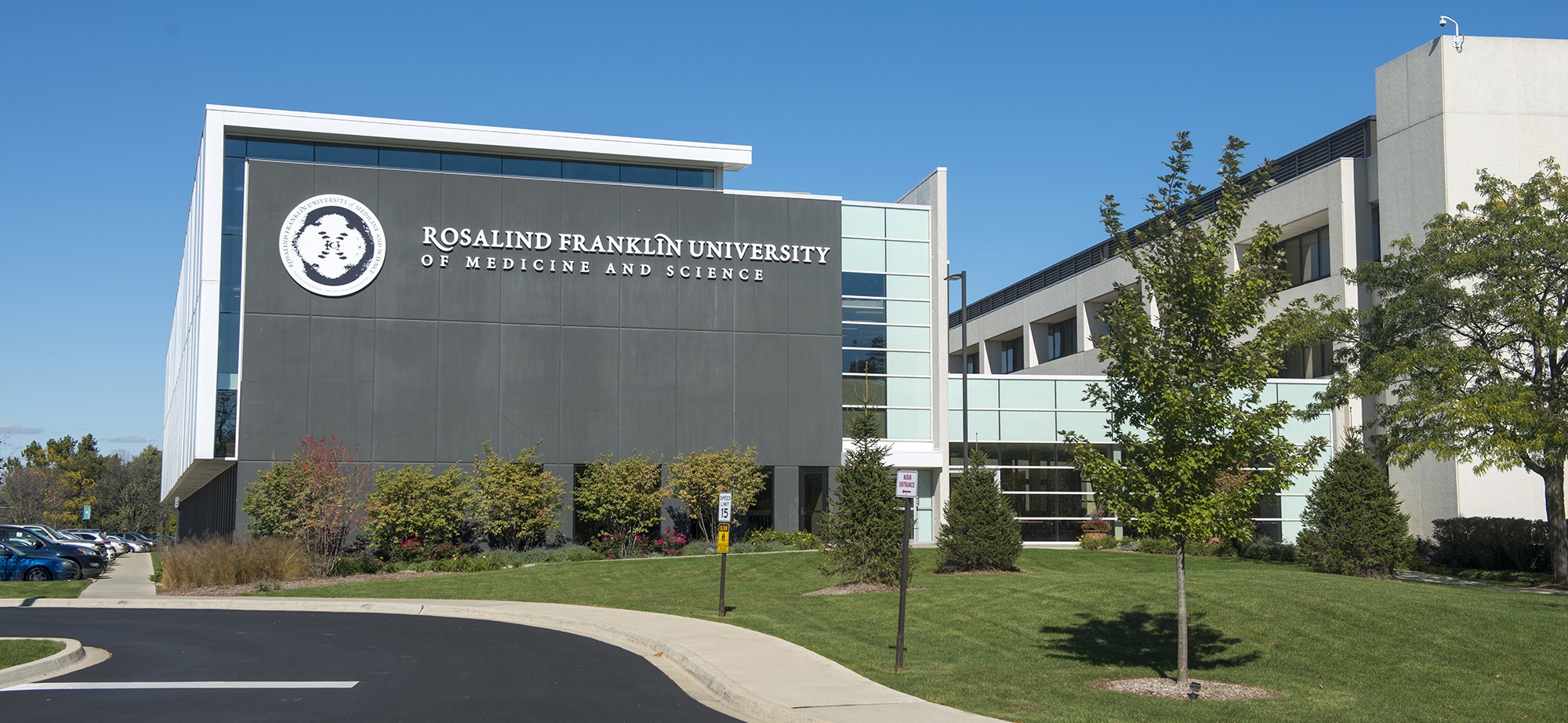Kim Westerman, MFA, EdD, is a travel and wellness writer, coffee expert and longtime university writing teacher based in Berkeley, California
Author Page
Power to the People
Lifestyle medicine gives patients the tools to treat — and even prevent chronic disease
Illustration By Kathleen Fu
Health & Well-being
You walk into your doctor’s office desperately hoping she can help. Your anxiety is through the roof. You can’t even sleep anymore. Every day, every night — it’s the same cycle. You expect her to prescribe an anti-anxiety med and maybe some Ambien. Instead, she suggests you switch to a Mediterranean diet. And the script she gives you isn’t for an SSRI, but for exercises to stimulate the vagus nerve. The vagus nerve? Are you saying recovery is up to me?
Actually, yes. Welcome to lifestyle medicine, a new direction in health care that isn’t new at all. In fact, Hippocrates (of “first, do no harm” fame) planted the first seeds of lifestyle medicine circa 400 BCE when he suggested that a plant-based diet and a daily habit of walking were good for both our physical and mental health.
Out with the one-size-fits-all, fix-the-symptom approach to medicine. Make room for patients playing a key role in their own treatment.
What Is Lifestyle Medicine?
“Lifestyle medicine” sounds like a trending hashtag — and it is — but the goal is ancient: to help patients live longer, stay healthier and be happier. Sure, there have been other variations on the theme, such as functional and integrative approaches. But lifestyle medicine is here to stay, perhaps because it also taps into the current cultural climate of personal accountability, self-help and proactivity.
Functional medicine focuses on the root causes of disease from a systems biology approach that seeks to understand the complexity and holistic nature of our bodies and their maladies. Integrative medicine combines conventional approaches, such as pharmaceuticals and surgery, with complementary therapies, such as yoga, acupuncture and nutritional supplements. Lifestyle medicine practitioners have a simpler yet broader approach: Help patients reverse, or even prevent, chronic diseases, such as diabetes and heart disease, through lifestyle changes they can control themselves.
The NIH published an overview in 2023 of significant studies that have advanced lifestyle medicine. And here’s the kicker: Even though “prevention” is a term batted about by many doctors and insurance companies, it is largely overlooked in most contemporary medical practices.
Physicians and other healthcare providers of any specialty can incorporate lifestyle medicine into their practices, and doing so acknowledges patients as full collaborators.
While there are endless resources for unvetted medical advice courtesy of Dr. Google, the American College of Lifestyle Medicine (ACLM) is an epicenter for continuing education courses, peer-reviewed research and patient resources in this approach to treatment. Physicians and other healthcare providers of any specialty can incorporate lifestyle medicine into their practices, and doing so acknowledges patients as full collaborators. Founded in 2004 by 100 pioneering MDs, DOs and PhDs, the ACLM now has more than 13,000 members. Twenty years later, the organization was inducted into the American Medical Association House of Delegates, cementing its place in evidence-based medical care. Since certification began in 2017 by the American Board of Lifestyle Medicine (ABLM), 3,075 physicians in the United States have become board-certified in lifestyle medicine.
RFU is at the forefront of lifestyle medicine education. The Lifestyle Medicine program in the College of Health Professions offers a fully online master of science in lifestyle medicine, as well as a certificate program and electives. While medical schools are not required to provide courses in nutrition, preventable disease or avoiding substance misuse, such courses are in demand at RFU.

Six Ways to Get Healthier on Your Own
American patients are used to getting a pill for almost everything that ails us: depression, obesity, inflammation, diabetes and many other conditions that might not inherently require medication. Even when they do, they can also be treated by addressing some of the “pillars” of lifestyle medicine: nutrition, physical activity, stress management, restorative sleep, social connections, and avoidance of risky substances and behaviors.
If these six pillars seem like good ole common sense, that’s because they’re designed that way. Jeff Damaschke, PT, DPT, PhD, and chair of RFU’s Lifestyle Medicine program, says: “If we think of food, exercise and sleep as medicine, we can build customized plans for weight loss, cardiovascular health and other commonly shared goals that keep chronic disease at bay. It’s a personalized, accessible approach.”
Melissa Bernstein, PhD, RD, LD, FAND, DipACLM, FACLM, an associate professor and chair of the Nutrition Department in RFU’s College of Health Professions, points to a nutrient-dense, plant-based diet as key to holistic health and longevity. Nutrition is the leading cause of three out of four chronic disease–related deaths in the United States. It’s also one of the central tenets of lifestyle medicine.
“Patients deserve fully informed consent that allows for choices between pharmaceutical prescriptions and prescriptions for nutrition, exercise and stress-reduction activities when those are valid options,” Dr. Bernstein says.
Success with lifestyle medicine, of course, depends on patient buy-in. One way of engaging patients in their own care is by using technologies that help them more easily manage lifestyle changes.
Perhaps the most transformative use of technology at RFU Health Clinics will be shared virtual appointments, in which patients with similar conditions will come together online with medical caregivers for education, morale-boosting, sharing their lived experience and asking questions.
Technology as Both Friend and Foe
We live in a technology-driven culture, for better and for worse. In some ways, technology is counter to a healthy lifestyle; for example, being glued to a screen might prevent you from taking a brisk walk in the fresh air. But cherry-picking helpful technologies is an exciting aspect of lifestyle medicine.
Dr. Damaschke likes several apps, in particular: Yuka for reading bar codes on food packages and providing detailed information on ingredients, MyFitnessPal for tracking eating and exercise habits, and InsightTimer for regular mindfulness and meditation practice. Perhaps the most transformative use of technology at RFU Health Clinics will be shared virtual appointments, in which patients with similar conditions will come together online with medical caregivers for education, morale-boosting, sharing their lived experience and asking questions. Dr. Damaschke says that when patients can learn from each other, they have better outcomes and are more motivated to change habits that haven’t served their health: “Patients in these virtual groups don’t rely entirely on the doctor to tell them what to do. They share what has worked for them and ask questions relevant to others. It helps patients feel less alone with their diagnoses.”
Liza Schaffner, MD ’01, MS ’23, a psychiatrist in Wilmington, North Carolina, was in RFU’s first graduating class of the Lifestyle Medicine master’s program. She works with a specific demographic, mostly male-identified patients between the ages of 15 and 30 who’ve experienced a first psychotic episode — a serious condition characterized by thoughts and behaviors that don’t correspond with reality. Dr. Schaffner points to one strategy that may work well with this group: using apps that feel like games, otherwise known as gamification.

She says, “Many of our psychiatry patients are prescribed medication that causes weight gain and lethargy, so we need tools to motivate them to eat well and move their bodies more.” The simple Fitbit interface wasn’t received well, and Dr. Schaffner thinks it wasn’t engaging enough for young adults who always had video games front and center in their lives. Her patients tend to prefer the Habitica app, which has avatars, challenges and a social aspect that adds friendly competition to the mix.
Dr. Schaffner adds, “Many of these patients have impairments in executive function skills like planning, organization and time management, and this app seems to check all their boxes for engagement, ease of use and even fun.” For example, if a patient sets up the app to remind them to get daily exercise, eat a certain amount of fiber and make a weekly date to see a friend, the app not only notifies them but also rewards them with electronic medallions and tiers of success.
Will daily salads, fitness-tracking apps and shared Zoom appointments cure all that ails us? Nope. But they’ll likely make us better. The evidence-based, patient-centered approach of lifestyle medicine is a profound way for us to take charge of our health in partnership with our doctors.
Published July 18, 2025

